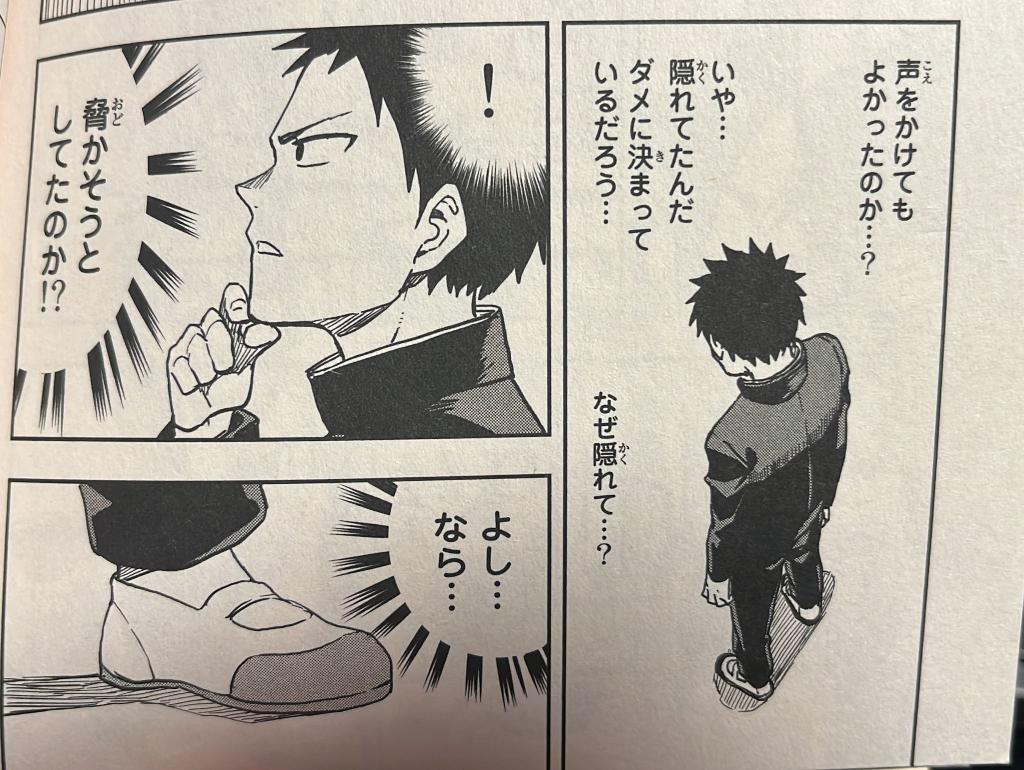I've come across this sentence:
脅かそうとしてたのか?
First, I'd like to verify that おどかそう here is the volitional form and not something like そう.
If that is indeed the case, then I've been wondering how the sentence would change (if at all) if it used 脅かす instead of 脅かそう.
For context (Spoilers for それでも歩は寄せてくる chapter 39):
How does the emphasis or nuances of the sentence change if it was written as:
脅かすとしてたのか?

